Tag: Norway
-
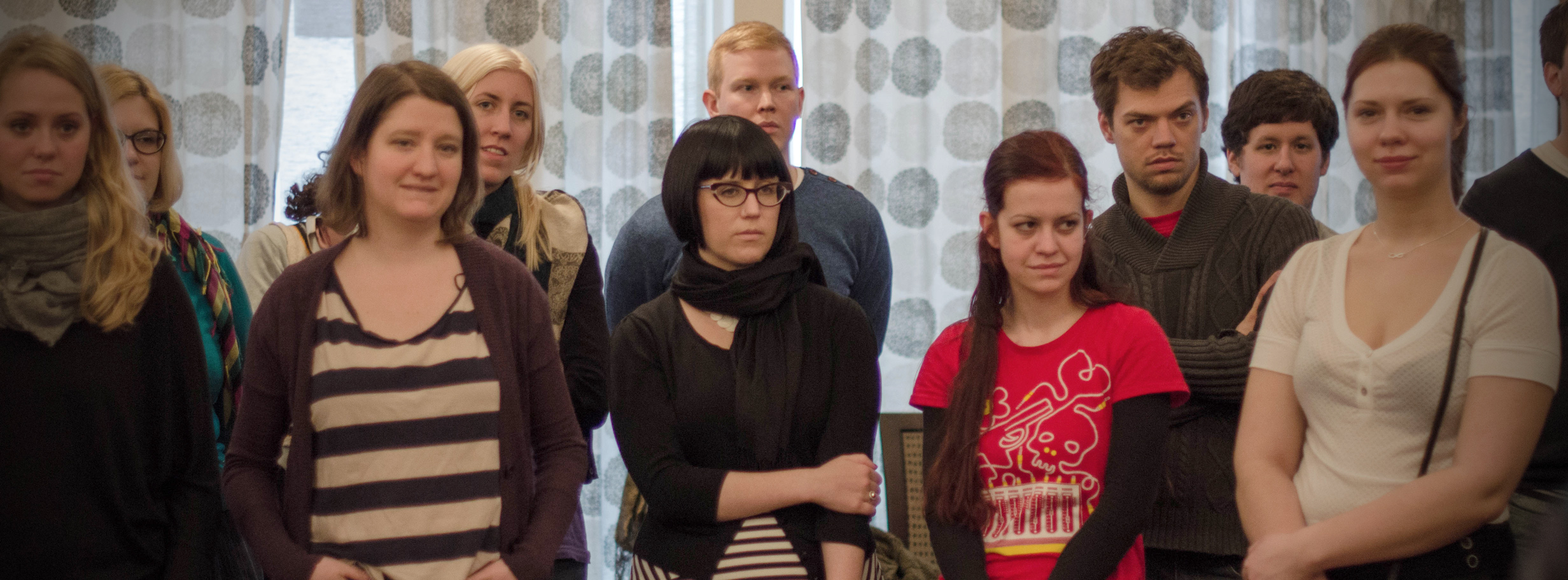
A Week in Norway Recap by Lizzie Stark
American writer and larper Lizzie Stark went to Europe to participate in Fastaval in Denmark and Knutepunkt in Norway. Now you can read her thoughts on the Knutepunkt pre-event A Week in Norway on her blog: http://lizziestark.com/2013/04/26/a-week-in-norway-recap/ You can read her Fastaval 2013 report here: http://lizziestark.com/2013/04/04/fastaval-2013/ Read more about Fastaval & Knutepunkt in the Nordic
-

Knutepunkt 2013 Recap by Tomas B., Part 2
French larper Thomas B. has written a recap of his experience at Knutepunkt 2013, here’s the second part: http://www.thomasbe.com/2013/04/25/knutepunkt-2013-a-subjective-recap-part-2/ You can read part one here: http://www.thomasbe.com/2013/04/23/knutepunkt-2013a-subjective-recap-part-1/ Discuss and read more about Knutepunkt 2013 in the Nordic Larp Forum: http://nordiclarp.org/forum/viewforum.php?f=6
-

Knutepunkt 2013 Report by Ole Peder Giæver
Ole Peder Giæver from Norway has written a report of his experience at Knutepunkt 2013: http://snarglebarf.com/2013/04/23/knutepunkt-2013/ Discuss and read more about Knutepunkt 2013 in the Nordic Larp Forum: http://nordiclarp.org/forum/viewforum.php?f=6
-

Knutepunkt 2013 Report by Stefan Deutsch
German larper Stefan Deutsch has written a report of his experience at Knutepunkt 2013: http://operation-brainfuck.de/wordpress/?p=110 Discuss and read more about Knutepunkt 2013 in the Nordic Larp Forum: http://nordiclarp.org/forum/viewforum.php?f=6
-

Knutepunkt 2013 Recap by Tomas B.
French larper Thomas B. has written a recap of his experience at Knutepunkt 2013: http://www.thomasbe.com/2013/04/23/knutepunkt-2013a-subjective-recap-part-1/ Discuss and read more about Knutepunkt 2013 in the Nordic Larp Forum: http://nordiclarp.org/forum/viewforum.php?f=6
-
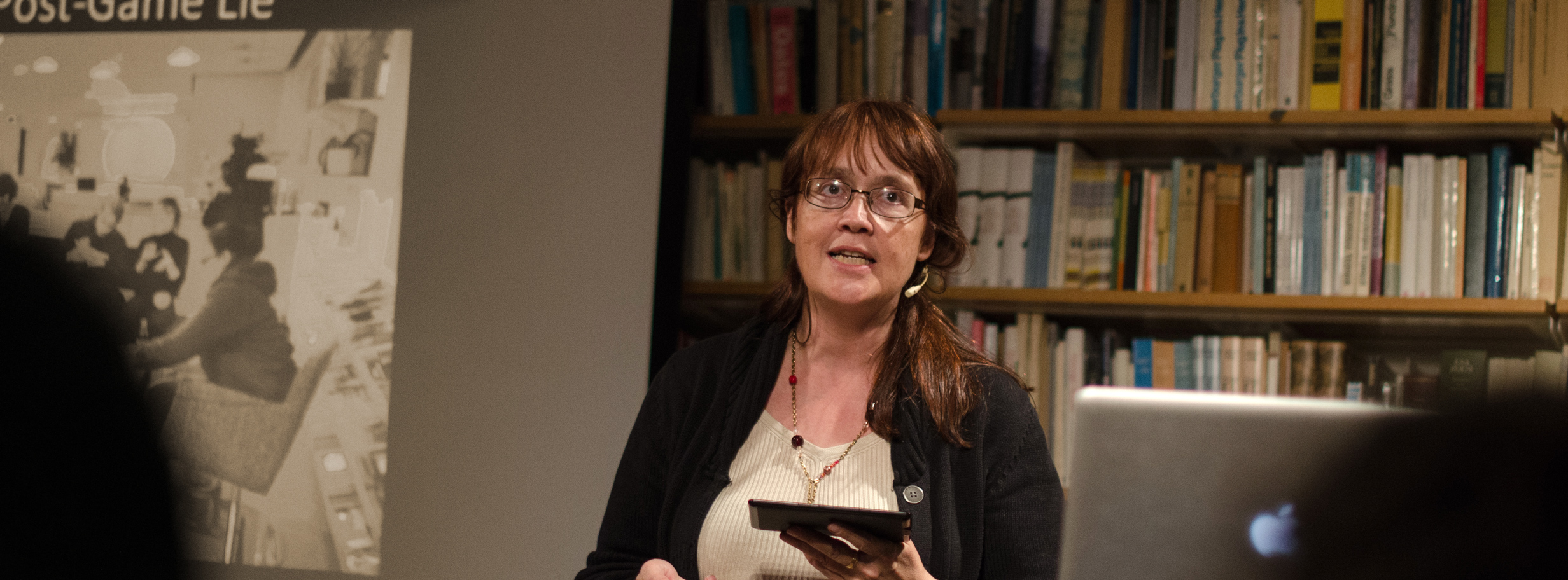
Nordic Larp Talks: How Can we Know what Actually Happened in a Larp
Is there a way to understand what actually happened in a larp, and can we tell a single more coherent story about how a larp played out? This talk is about techniques to study larp. Annika Waern (Ph.D) is a professor and game researcher at the department of Informatics and Media at Uppsala University, Sweden. She
-
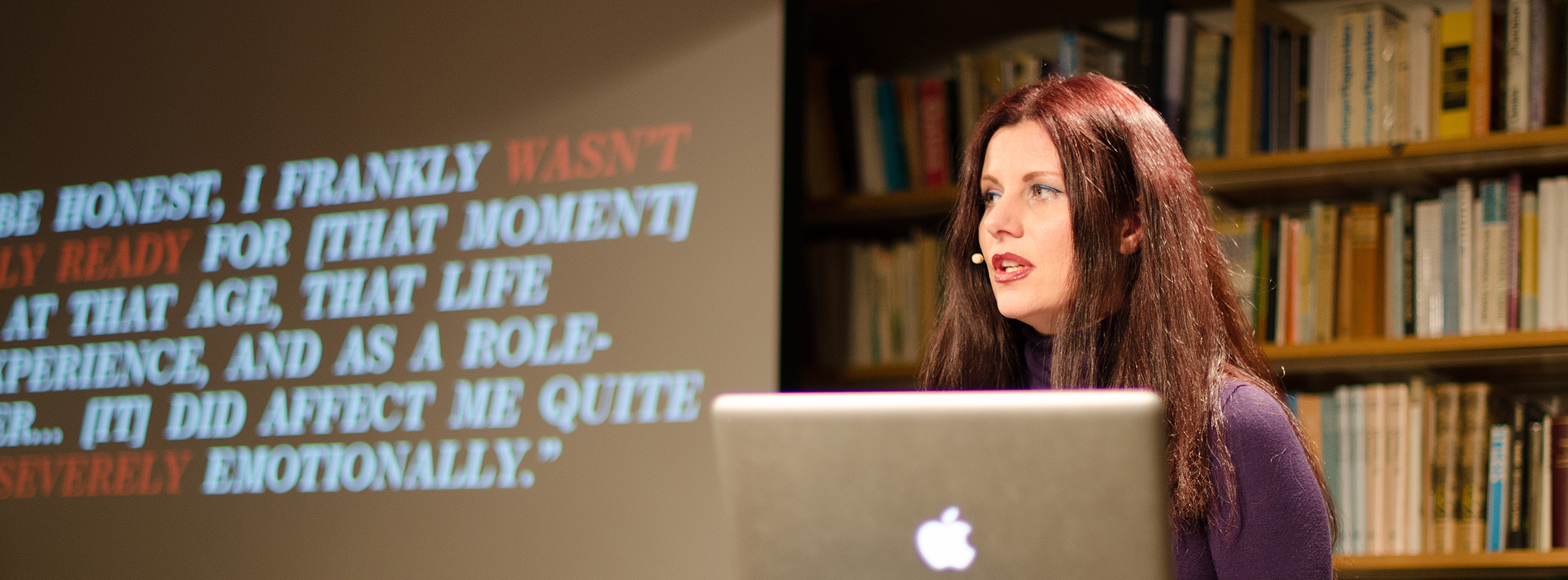
Nordic Larp Talks: Bleed: How Emotions Affect Role-Playing Experiences
This talk explains the concept of bleed in role-playing games & advocates for awareness of the phenomenon & discussion on emotional content in games.
-
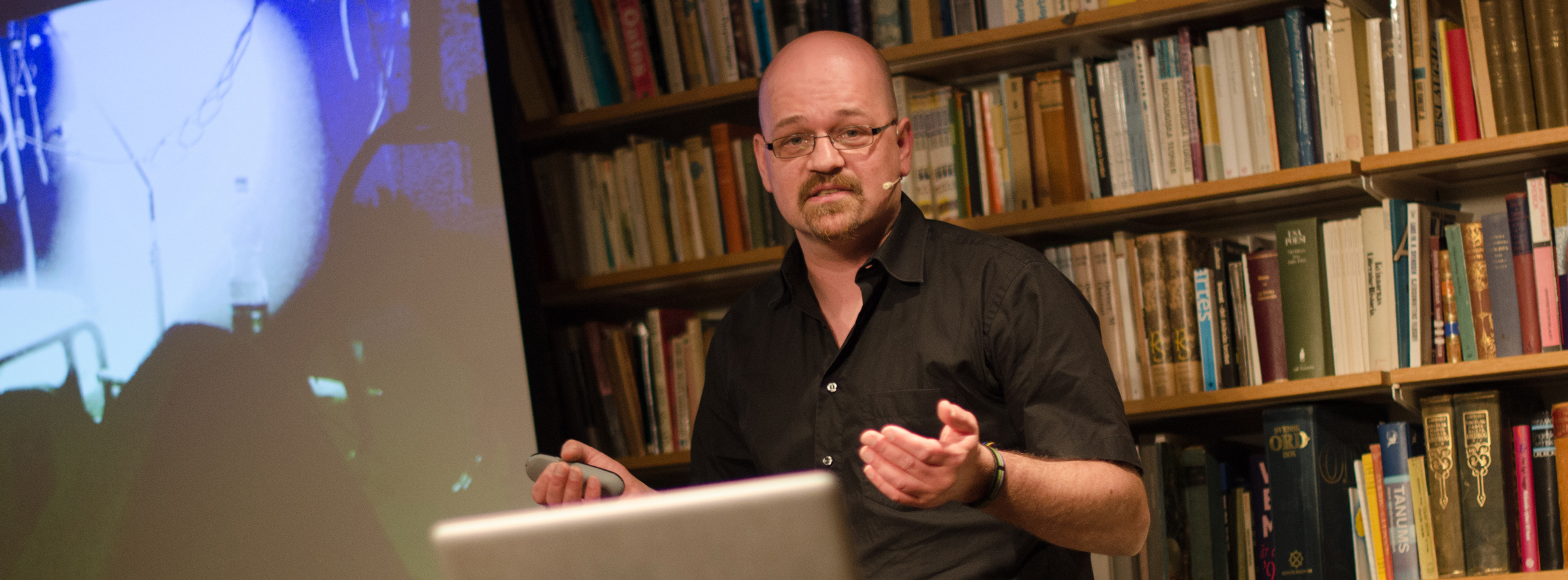
Nordic Larp Talks: No Training can Replace Experience, or Can it?
Larp is great in building strange realities, far-away worlds and fantasies unheard of. But can it also be used to recreate authentic situations from real life to enable development workers to not only know about intercultural competence, but maybe even develop it before really coming in touch with a foreign culture? Stefan Deutsch plays and
-
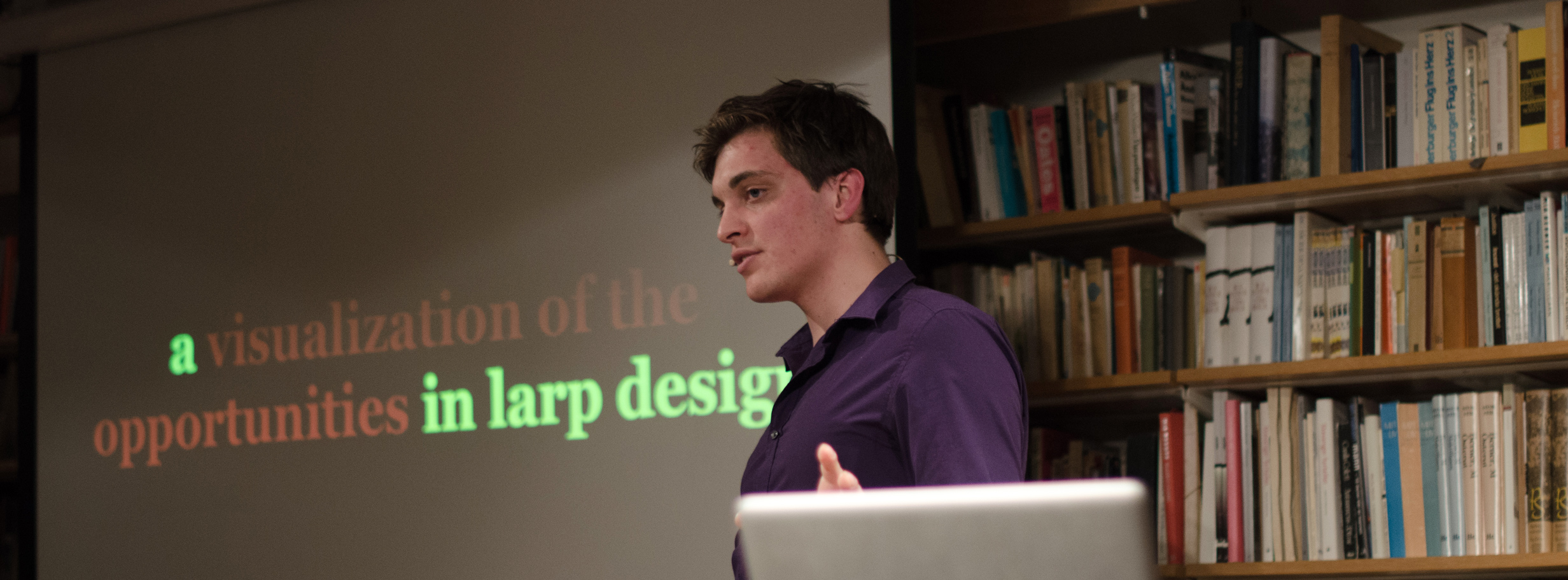
Nordic Larp Talks: The Mixing Desk of Larp
This talk explores how this can make larp design easier to teach as a game design discipline. It also helps designers become more aware of the default positions of their larp design. Martin Eckhoff Andresen is a larper, organizer and game designer from Oslo, Norway. He has been involved with Fantasiforbundet’s “Larpocracy” projects in Belarus,
-
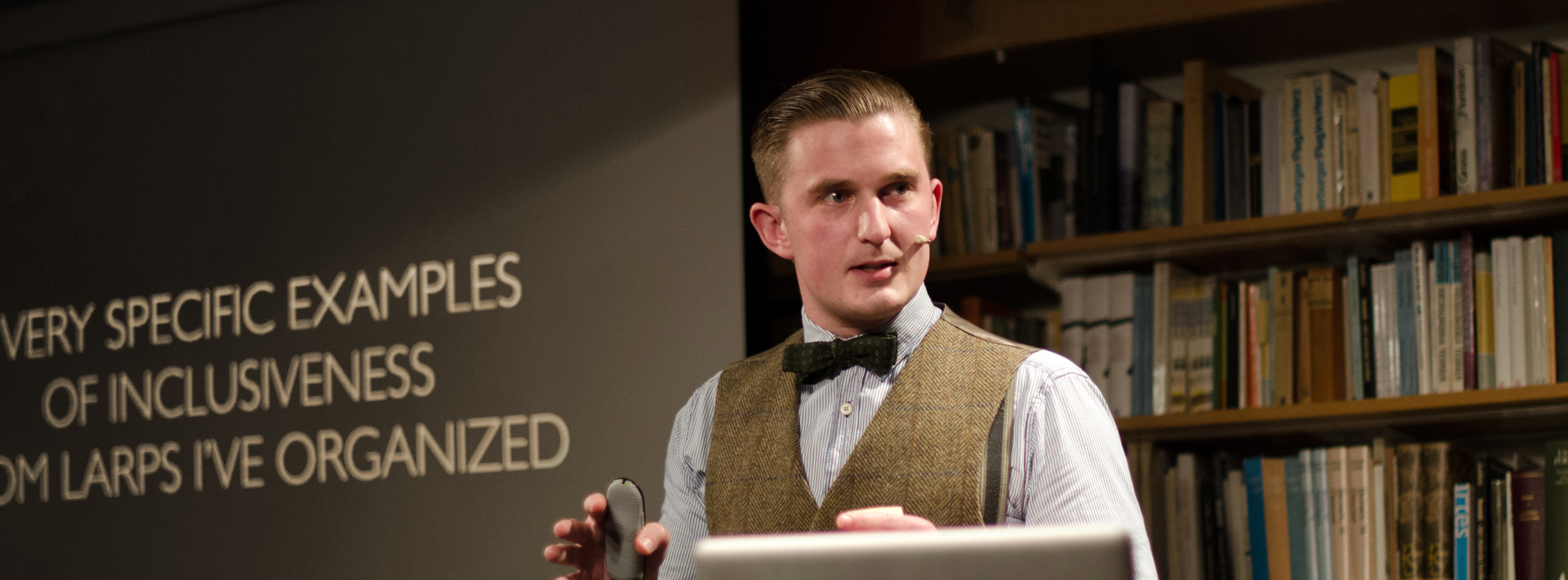
Nordic Larp Talks: Three Ways to Make Games More Inclusive
How do you, as a game designer, work to get a diverse group of participants to feel welcome and included? Lars Nerback talks from his experience in working with educational larps in schools, and gives three examples for making inclusive games. Lars Nerback is one of the owners of LajvVerkstaden (”The Larp Workshop” directly translated),